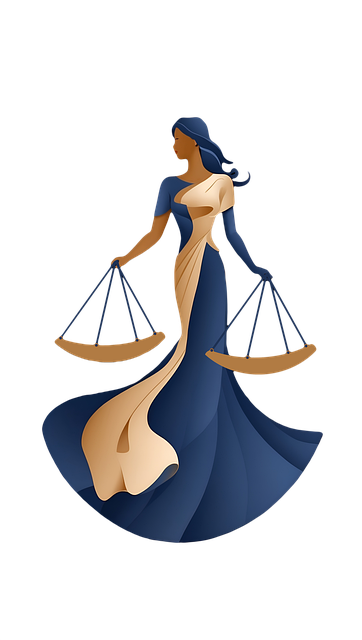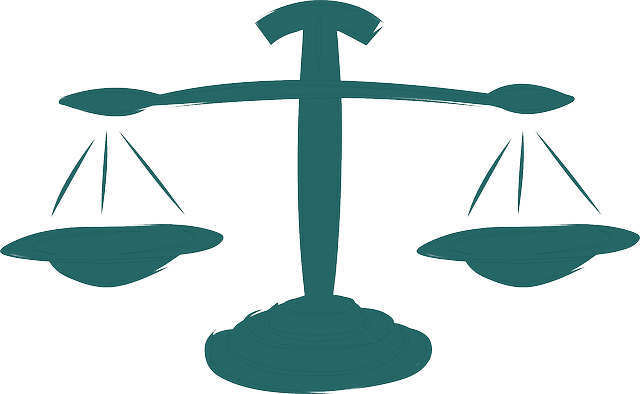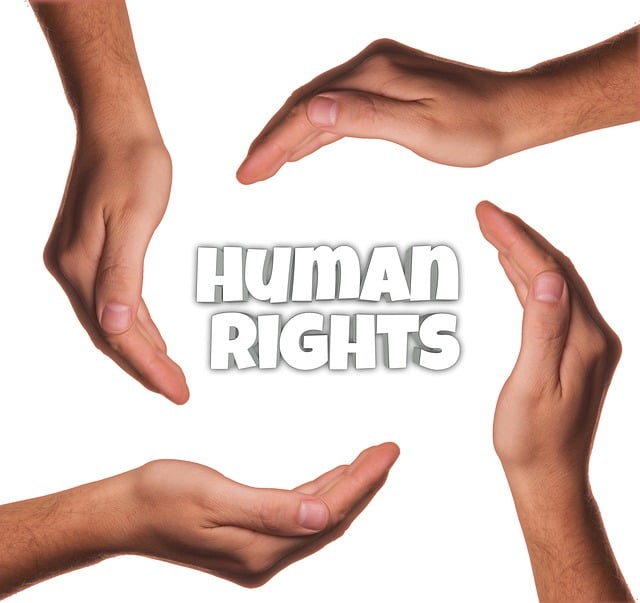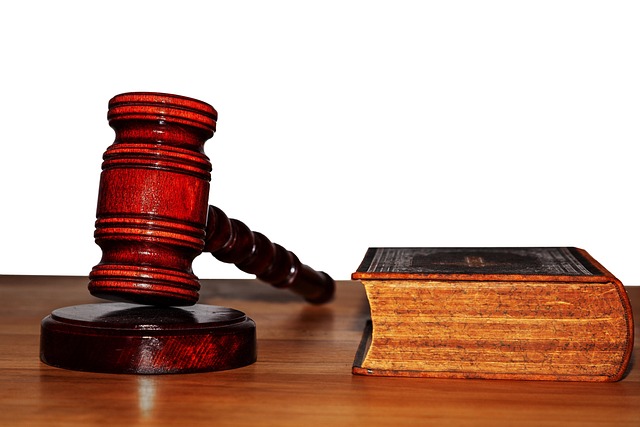Whistleblower Protection Lawsuits are crucial for upholding justice, shielding individuals who expose illegal or unethical activities from retaliation. These cases, often complex and technical, focus on presenting strong evidence like financial records, emails, witness testimonies, and expert opinions to validate allegations in criminal proceedings. Balancing the need for transparency with protection of confidential information is key, with successful prosecutions relying on compelling evidence to convince judges and juries. Defenses may dispute evidence authenticity or motivations, emphasizing the importance of robust internal compliance programs to deter violations.
Whistleblower protection lawsuits are crucial battles for justice, empowering individuals to expose fraudulent or illegal activities within organizations. This comprehensive overview explores the intricate world of these legal disputes, focusing on key aspects like understanding whistleblower protections, the role of evidence in criminal prosecutions, and strategic defenses employed. By delving into types of evidence used, we equip readers with insights essential for navigating these complex cases, ultimately fostering a culture of accountability.
- Understanding Whistleblower Protection Lawsuits: A Comprehensive Overview
- The Role of Evidence in Criminal Prosecutions of Whistleblowers
- Strategies and Defenses Employed in Whistleblower Protection Cases
Understanding Whistleblower Protection Lawsuits: A Comprehensive Overview

Whistleblower Protection Lawsuits are a critical aspect of upholding justice and ensuring accountability in various sectors. These legal actions protect individuals who expose illegal or unethical activities within their organizations from potential retaliation. Understanding these lawsuits involves grasping the mechanisms through which whistleblowers come forward, the types of evidence used to support their claims, and the processes involved in both criminal and civil proceedings.
In criminal prosecutions stemming from whistleblower revelations, the focus is on presenting concrete evidence that demonstrates the truth behind the allegations. This may include financial records, emails, internal reports, and witness testimonies. Such evidence plays a pivotal role in all stages of the investigative and enforcement process, from initial investigations to jury trials. Moreover, these cases often pit complex white-collar defenses against compelling evidence, making them highly technical and demanding meticulous legal strategies.
The Role of Evidence in Criminal Prosecutions of Whistleblowers

In criminal prosecutions of whistleblowers, evidence plays a pivotal role in determining the outcome of the case. Unlike traditional legal proceedings where the focus is often on direct evidence, these cases frequently hinge on indirect or circumstantial evidence due to the sensitive nature of the information disclosed. Types of evidence used include financial records, digital communications, and expert testimonies that can corroborate or challenge the whistleblower’s claims. For instance, in white-collar crime cases, proving intent and knowledge may require examining the defendant’s financial transactions and email exchanges to establish a pattern of deceptive behavior.
The presentation of compelling evidence is crucial for several reasons, not least because it aids in convincing both the judge and jury trials. The evidence must clearly demonstrate that the whistleblower acted with integrity and that their disclosures were not motivated by personal gain or malicious intent. Moreover, it helps in navigating the complex legal landscape where the rights of whistleblowers are balanced against the need to protect confidential information and maintain the privacy of individuals mentioned in the disclosures. This careful balancing act is essential for fostering a culture of transparency within the philanthropic and political communities.
Strategies and Defenses Employed in Whistleblower Protection Cases

In whistleblower protection lawsuits, strategies and defenses can vary greatly depending on the specific case. Plaintiffs often rely on a combination of legal arguments and types of evidence used in criminal prosecution to prove their claims. This includes documentary evidence, witness testimonies, and expert opinions that demonstrate misconduct or violations of whistleblower protection laws. For instance, emails, memos, and internal reports can serve as crucial pieces of evidence highlighting the attempt to expose wrongdoings within an organization.
When defending against such cases, employers typically employ a range of tactics. Common defenses include challenging the authenticity of evidence, questioning the motivations of the whistleblower, and asserting that no protected activity occurred. In high-stakes cases involving white collar and economic crimes across the country, legal teams may also focus on jurisdiction and procedural issues. The complexity of these defenses underscores the importance of robust internal compliance programs and policies aimed at protecting whistleblowers, thereby deterring potential violations in the first place.
Whistleblower protection lawsuits play a vital role in ensuring accountability and upholding justice. By understanding the nuances of these cases, from evidence handling to strategic defenses, we can strengthen the legal framework surrounding whistleblowers. The effective use of Types of Evidence Used in Criminal Prosecution is pivotal in securing convictions and protecting those who bravely come forward with information. Navigating these complex issues demands careful consideration and a comprehensive approach to foster a culture of transparency and deter potential wrongdoings.






